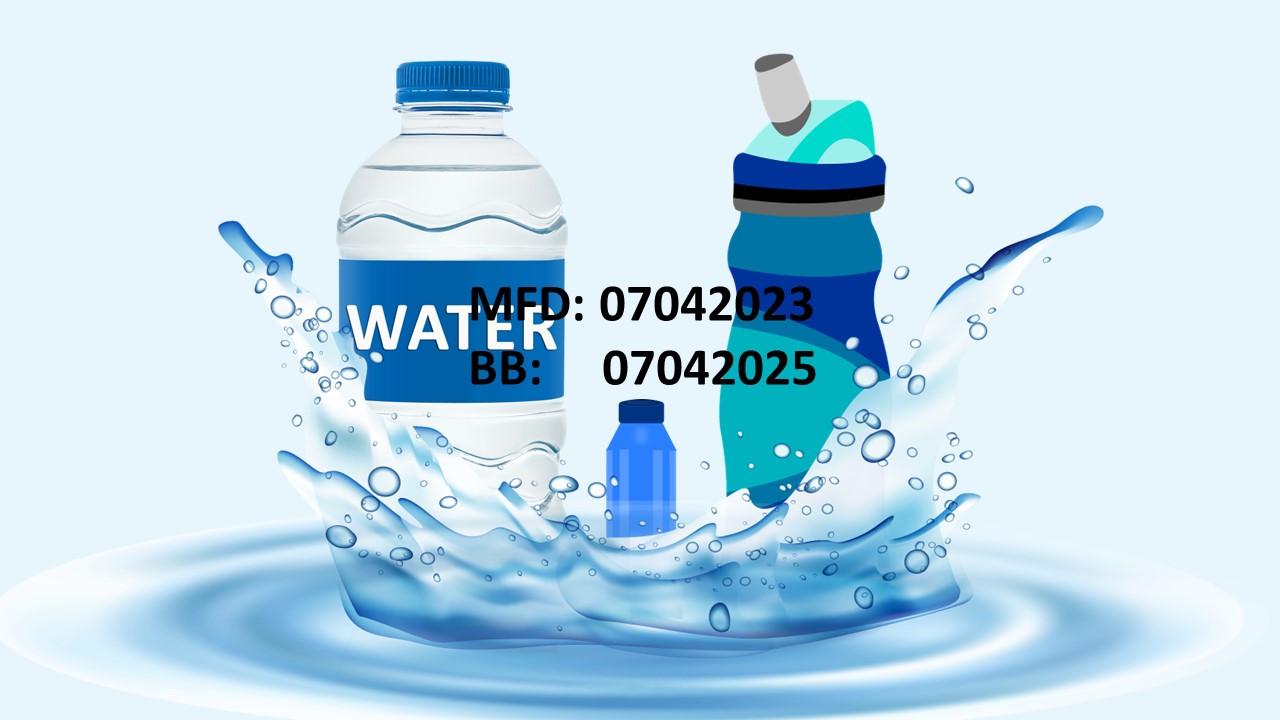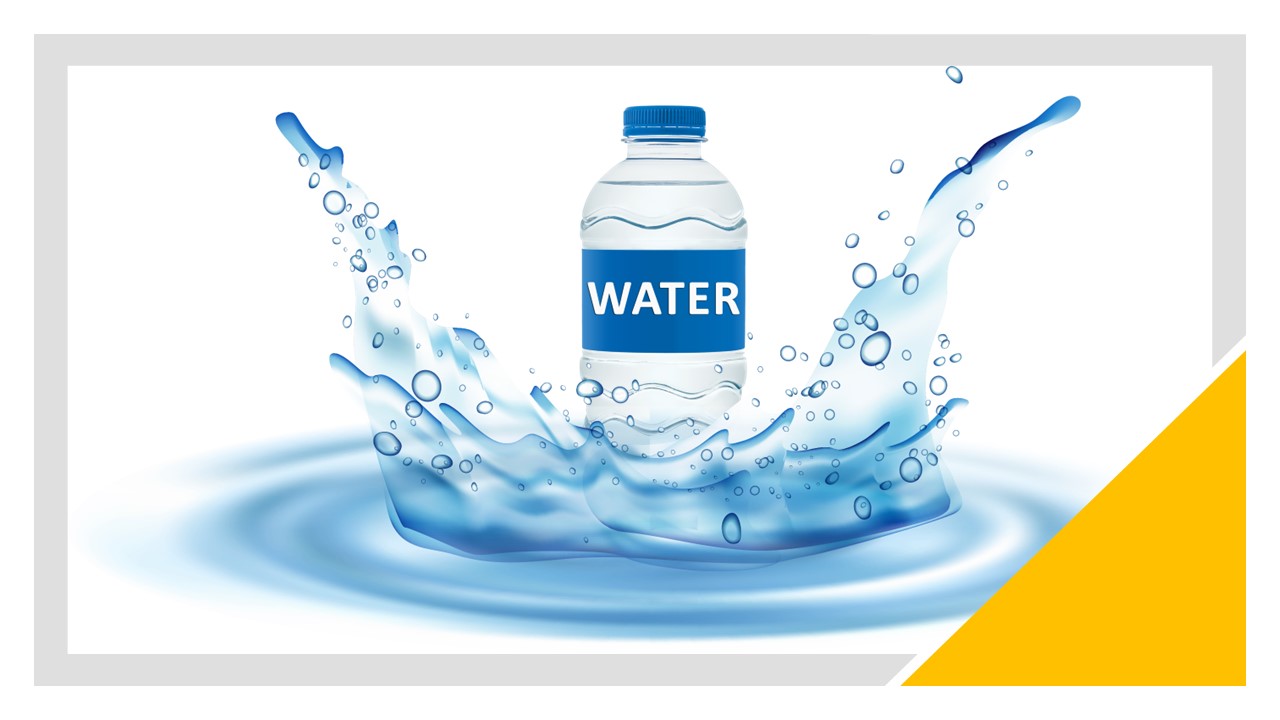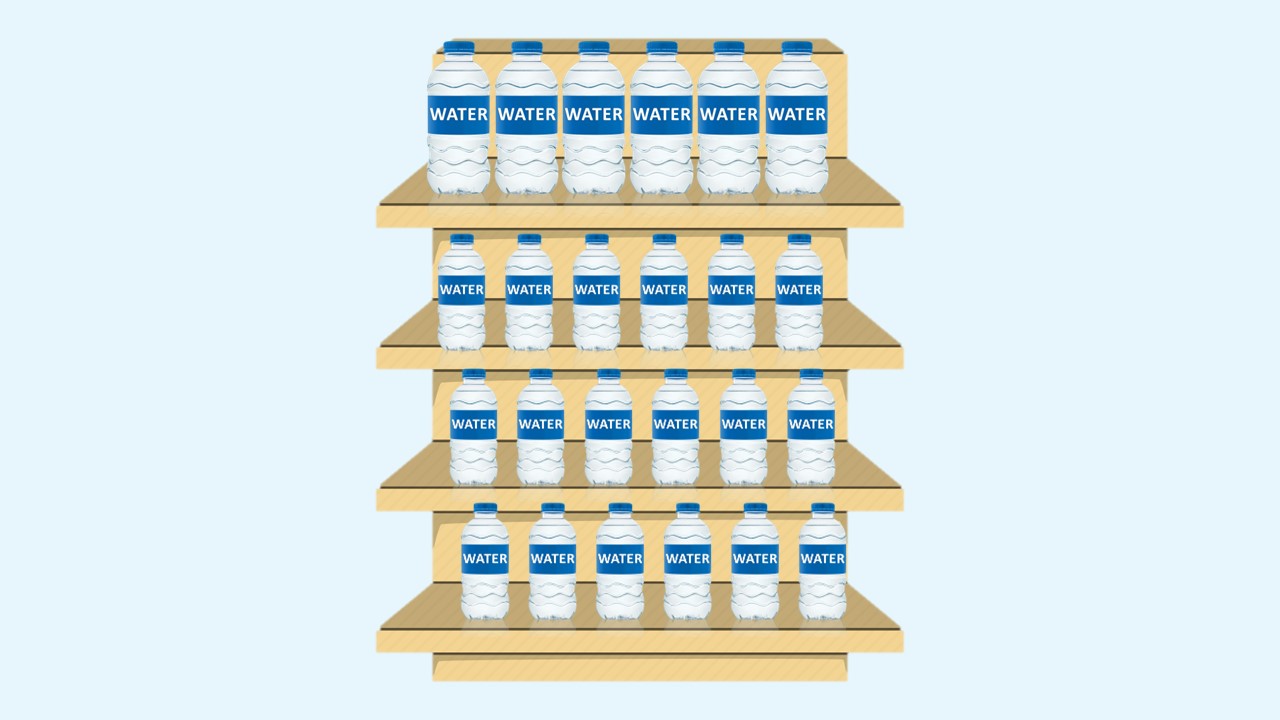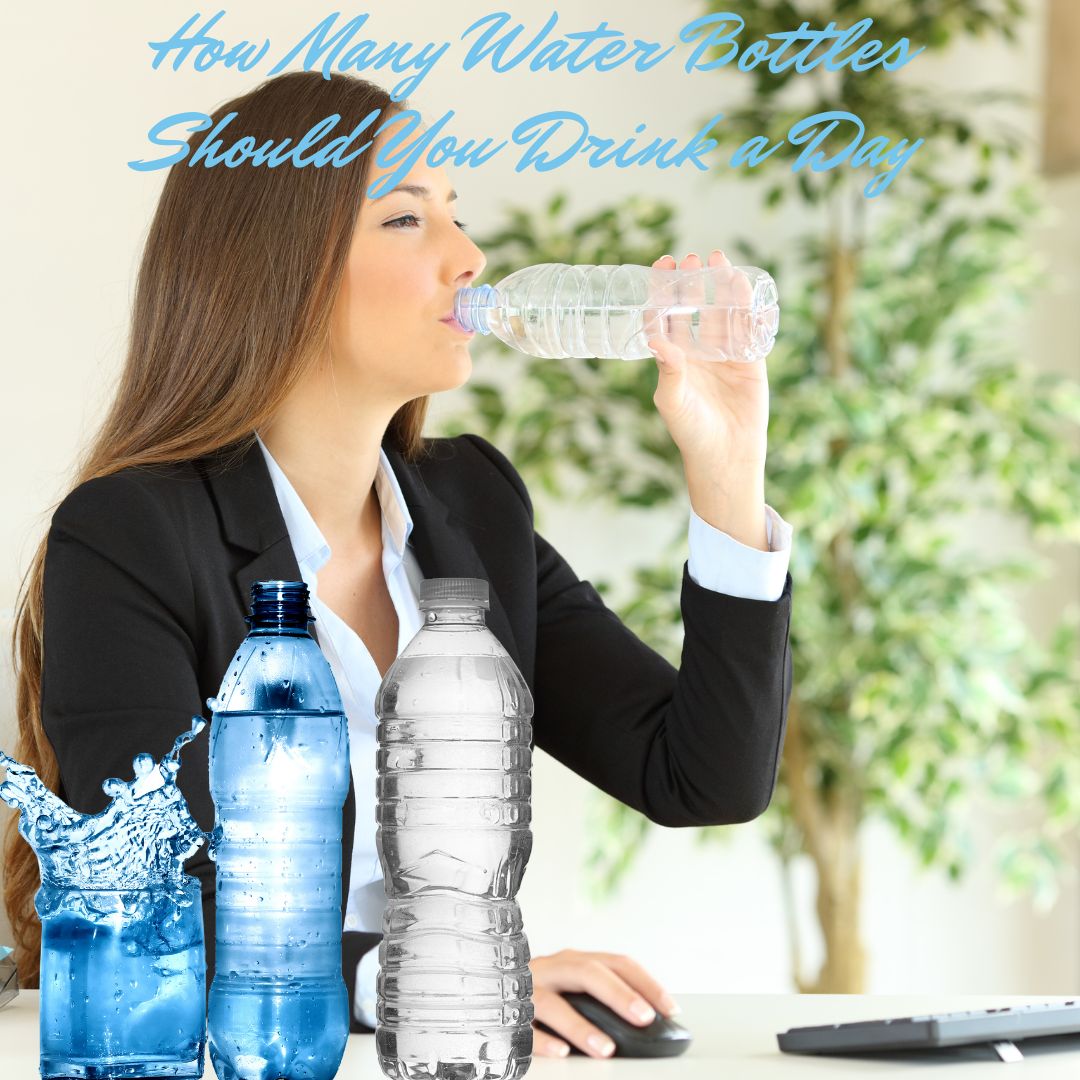Are Water Bottles Bad For You – Know This and Remain Healthy
Are water bottles bad for you? That’s a question I asked myself once – right after I’d chugged half a lukewarm bottle that had been rolling around in my car for two weeks, sunbathing like it had a vacation planned.
If water bottles had feelings, I imagine they’d be somewhere between “I’m just trying to hydrate you, Karen” and “Oops, I might be leaching chemicals into your system. My bad.”
We’ve all been there – grabbing a bottle of water without a second thought. But the question still echoes: are water bottles bad for you? Let’s get into the specifics, because your kidneys, your immune system, and your eco-conscience are all probably curious.
Are Water Bottles Bad for You?
Are water bottles bad for you? The short answer is: it depends on the type of bottle, how it’s used, and how often. Not all water bottles are created equal, and yes, some are sneakier health hazards than you’d expect.
if your bottle water is made from plastic that leaches chemicals like BPA, which can disrupt hormones and potentially harm your health over time, then it is bad for you. Reusing single-use plastic bottles or exposing them to heat increases the risk of chemical leaching and bacterial contamination.
Safer alternatives like stainless steel or glass bottles are better for both your body and the planet.
Plastic bottles may seem innocent, but there’s a chemistry lesson hiding under every cap. The main culprit? BPA (Bisphenol A), a chemical used in making plastics that can seep into your water – especially if the bottle has been exposed to heat, light, or has aged like a bad avocado.
Health Risks Associated with Plastic Bottles:
- Endocrine disruption: BPA mimics estrogen and can mess with your hormone levels.
- Increased risk of heart disease and diabetes: Studies have shown potential links to long-term exposure.
- Behavioral issues in children: Some research suggests prenatal BPA exposure might affect child development.
Even BPA-free bottles aren’t always safe. Some alternatives like BPS and BPF (literally BPA’s shady cousins) can cause similar hormonal effects. So if you’re still asking, are water bottles bad for you, you can start to see why the answer leans “yes” when we’re talking single-use plastic.
What Is BPA and Why Does It Matter?
Think of BPA as the “toxic ex” of the plastics world – it overstays its welcome and causes problems. Originally used to make hard plastics and epoxy resins, BPA can leach into your water, especially when heated or degraded.
While the FDA says BPA is safe at low levels, many scientists argue that constant, cumulative exposure is where the danger lies. And let’s be honest – most of us don’t track how long our bottle has been sitting in the car, on our desks, or in the gym bag.
👉 Here’s a helpful tip: if your bottle has the recycling code #3 or #7, you might want to toss it. Those are most likely to contain BPA or other hormone disruptors.
Is It Safe to Reuse Plastic Water Bottles?
We’ve all refilled a plastic bottle to “be good” and avoid waste. But let’s get real: that crinkly Dasani bottle was never meant to live this long.
Here’s why reuse is tricky:
- Bacteria buildup: Thin plastic develops micro-cracks over time. Each refill increases the chance of bacterial contamination.
- Chemical breakdown: Repeated washing (especially with hot water) degrades the plastic, upping the risk of chemical leaching.
If you’re going to reuse, choose a high-quality reusable bottle like the Takeya water bottle or an iron flask water bottle, both designed to withstand regular use without turning into a petri dish.
Can You Get Cancer from Drinking Out of Plastic Water Bottles?
This is a huge fear, and honestly, a fair one – especially with chain emails from 2009 still haunting the inboxes of every aunt in America.
Here’s the science:
- There’s no conclusive evidence that drinking from plastic water bottles directly causes cancer.
- However, prolonged exposure to BPA and similar chemicals has been linked to cancer risks in lab animals.
- It’s not about one bottle – it’s about lifetime exposure and the cumulative effects.
So are water bottles bad for you in terms of cancer? Possibly, if you’re drinking daily from poor-quality plastics exposed to heat and time. If you want peace of mind, switch to stainless steel or glass.
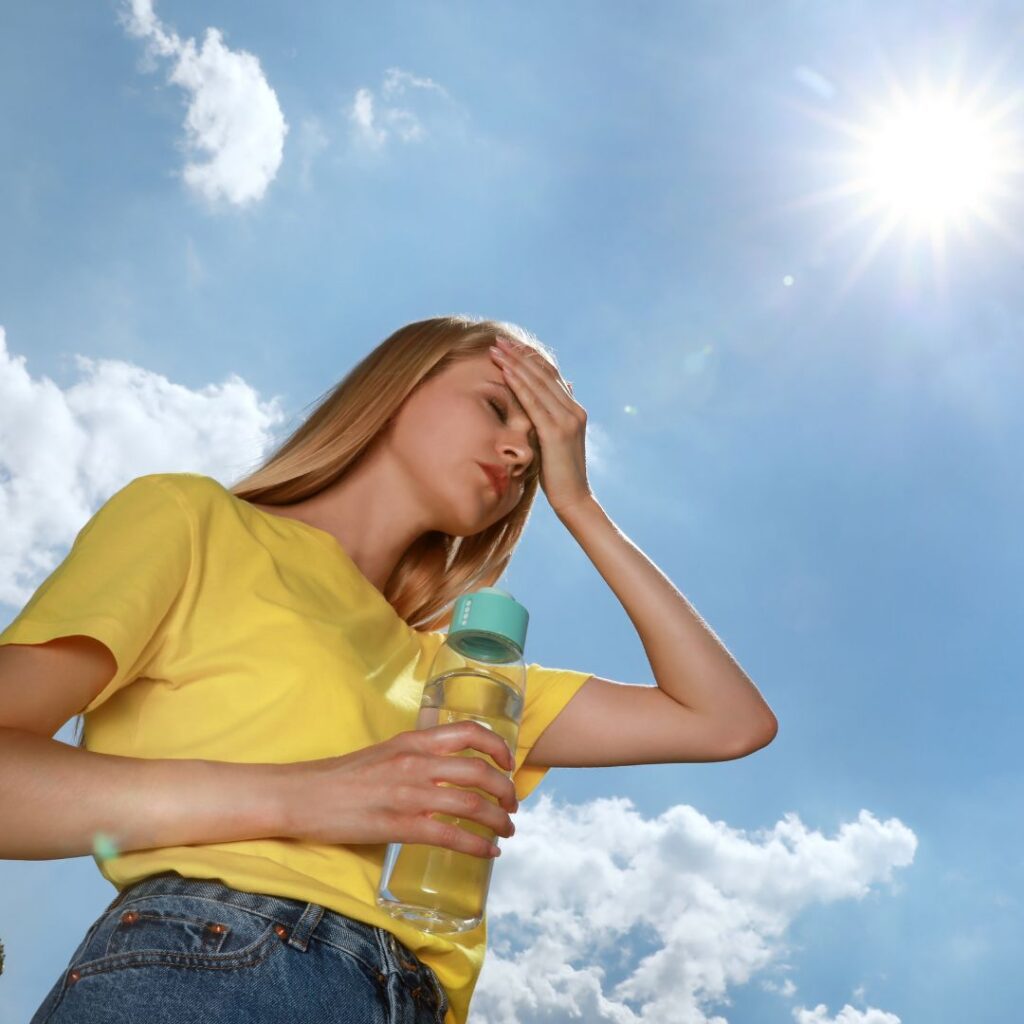
What Happens When You Leave a Bottle in a Hot Car?
- Heat accelerates plastic breakdown.
- BPA and phthalates leach faster into the water.
- Bacteria can multiply rapidly in warm, moist environments.
Translation: that water might look harmless, but it’s basically plastic soup. It’s one of the worst things you can do if you’re worried about whether water bottles are bad for you.
Are Aluminum, Glass, or Stainless Steel Bottles Better Than Plastic?
Short answer: YES. Long answer: depends on your lifestyle and usage.
| Material | Pros | Cons |
| Glass | Clean, non-reactive, BPA-free | Fragile, heavy |
| Stainless Steel | Durable, retains temperature | Can be pricey |
| Aluminum (lined) | Lightweight, sleek | May contain epoxy resins (check for BPA-free lining) |
If you want something rugged and versatile, go for a stainless steel bottle like the best water bottles used by athletes, hikers, and hydration nerds.
Do Water Bottles Expire? Can Bottled Water Go Bad?
Believe it or not, water bottles have a shelf life, and yes, bottled water can go bad – but not because the water spoils. It’s the bottle that degrades.
Why the shelf life matters:
- Plastic breaks down and releases chemicals over time.
- Bottles stored in heat or sunlight speed up degradation.
- Even unopened bottles can leach chemicals after a certain point.
Pro tip: Don’t drink from plastic bottles that are older than 2 years (or 6 months if they’ve been stored poorly). Curious about the actual numbers? Research suggests most bottled water has a shelf life of water bottles between 1–2 years, printed right on the cap or label.
What Are Microplastics and Are They in Your Water Bottle?
Unfortunately, yes. Microplastics – tiny plastic fragments – have been found in 93% of bottled water samples tested worldwide (according to a 2018 study by Orb Media).
You can’t see them, but you may be sipping on particles that:
- Come from the bottle’s own plastic over time.
- Enter during the bottling process (thanks, factory filters).
- Carry unknown long-term health effects, though research is ongoing.
This adds another layer to the question, are water bottles bad for you, making the case stronger for alternatives.
How to Choose a Safe Water Bottle
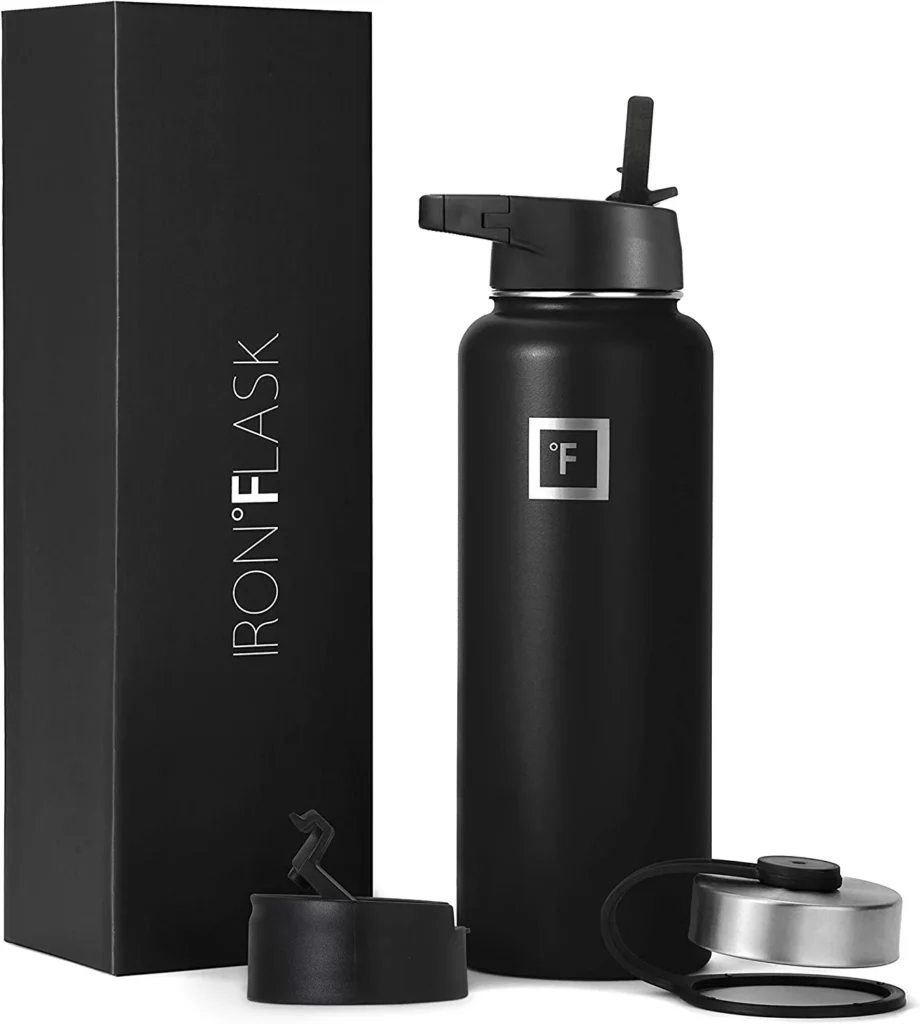
Let’s remove the guesswork. If you want to dodge health risks and environmental guilt, here’s how to pick a bottle that won’t betray you:
- Go BPA-Free (and avoid #3 and #7 plastics).
- Choose durable materials like stainless steel or glass.
- Avoid heat exposure – never leave it in the car.
- Wash it regularly with soap and hot water.
- Replace when it smells or looks worn out.
Need a brand to trust? Consider the 4 Ocean water bottle, which uses recycled plastic to reduce environmental impact while keeping you hydrated.
Harmful Effects of Plastic Water Bottles on Humans
Plastic bottles might look innocent – just sitting there, clear, cold, promising hydration. But under that sleek exterior? A cocktail of chemicals. The main villain? BPA (Bisphenol A).
This guy’s been linked to everything from hormone disruption to increased risks of diabetes, heart disease, and reproductive issues. Basically, BPA tries to crash your body’s hormonal party without an invite.
Even BPA-free bottles aren’t totally off the hook. Manufacturers often swap BPA for BPS or BPF, which, spoiler alert, are just as clingy and problematic. It’s like replacing a toxic ex with their equally sketchy twin.
And then there’s microplastics – those tiny invisible flecks that sneak into your bloodstream like glitter after a craft project gone wrong. They’re now found in bottled water, seafood, table salt, and even rain. If you’ve ever wanted to sparkle from the inside out… congrats, you’re halfway there.
Are Water Bottles Bad for Your Stomach?
Plastic water bottles can go from hydration helpers to belly bullies in no time. How? When plastic leaches chemicals – especially if the bottle’s been left in a hot car, or reused until it’s softer than grandma’s couch cushion – it contaminates your water. Those chemicals? They don’t just vanish.
They get sipped, swallowed, and sometimes squabble with your stomach lining.
This can lead to mild symptoms like bloating or nausea – or more serious stuff over time. Plus, if you’re reusing a bottle without properly cleaning it (aka just giving it a gentle rinse like you’re scared of dish soap), it becomes a bacterial breeding ground. The kind your gut doesn’t appreciate.
Basically, if your water bottle smells weird or has mold playing peekaboo around the rim, it’s not “character” – it’s biohazard cosplay.
Is It Bad to Drink Out of Plastic Water Bottles Every Day?
Drinking from a plastic bottle every now and then? Not the end of the world. Drinking from one every single day? That’s like trusting a folding chair to hold up your secrets forever. Sooner or later, it’s going to crack under pressure.
Daily use increases exposure to plasticizers and microplastics, especially if the bottle gets hot, cold, squished, scratched, or reused like your favorite pair of socks.
These chemicals build up in your body over time and may mess with hormones, metabolism, or fertility. Plus, over time, plastic bottles tend to degrade, and your water starts tasting like a swimming pool’s tired cousin.
If you’re gulping from the same crinkly bottle you bought three gas stations ago, it might be time to break up.
What Are the Long-Term Effects of Drinking Bottled Water?
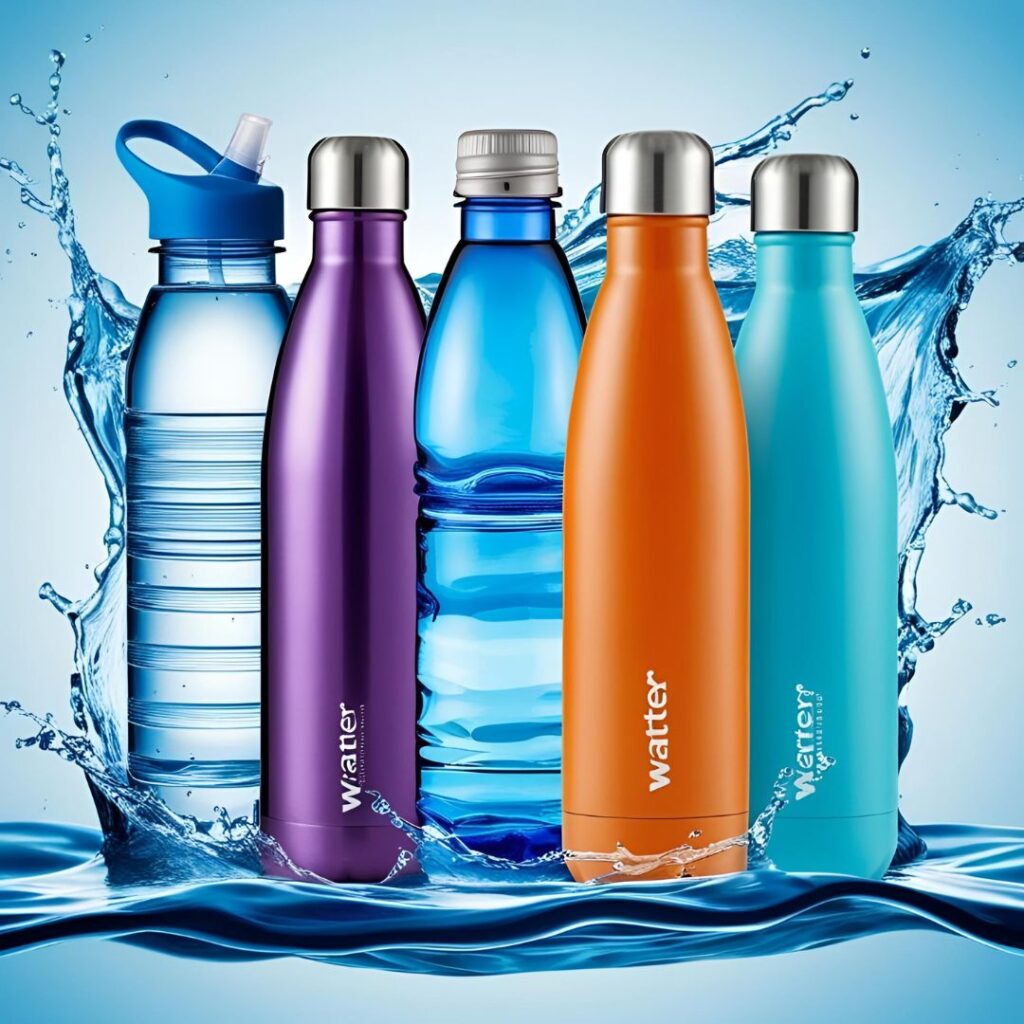
Long term, relying on bottled water might not just drain your wallet – it could mess with your health. Repeated exposure to plastic-derived chemicals is linked to:
- Hormonal imbalance
- Metabolic disorders
- Lower fertility
- Higher cancer risk
- Immune system suppression
- Microplastic accumulation in organs (yep, even the brain)
Over the years, those tiny sips of bottled refreshment can add up to a chemistry experiment gone rogue. And we haven’t even talked about the environmental guilt yet (don’t worry, that’s coming).
To play it safe, swap to a glass, stainless steel, or BPA-free reusable bottle, and invest in a good water filter. Your body and bank account will throw a tiny dance party.
Bottled Water to Avoid
Not all bottled water is created equal. Some are just tap water in fancy drag, and others come in sketchy plastics that should never meet your digestive tract. Here’s a quick guide to what to avoid:
- Bottles labeled with recycling codes #3, #6, or #7 – These often contain BPA or similar chemicals.
- Brands with poor filtration transparency – If they don’t say how the water is treated, they probably didn’t bother.
- Flavored or “enhanced” waters – These can contain artificial sweeteners and additives, which are a little extra – and not in a good way.
Stick to brands that:
- Use BPA-free plastic or sustainable packaging
- Disclose water sources and treatment methods
- Don’t make you feel like you’re drinking a melted balloon
Bonus tip: bottled water that’s been sitting on a shelf for ages is basically a chemistry set with a barcode. Check expiration dates and avoid anything with a faded label – it’s been through things.
Which Plastic Bottles Are Safe for Drinking Water?
If you must go the plastic route, here’s what to look for:
Safe plastics:
- #1 (PET or PETE): Generally safe for single use. Single. As in don’t keep refilling it like it’s your emotional support water bottle.
- #2 (HDPE): Often used in milk jugs and some reusable bottles. Pretty stable and safe.
- #4 (LDPE) and #5 (PP): Found in some reusable containers and bottle caps. Low risk of leaching.
Avoid:
- #3 (PVC): Releases nasty chemicals over time.
- #6 (PS): That’s polystyrene, AKA Styrofoam’s cousin. Just… no.
- #7 (Other): This category is the wild west – could be BPA, BPS, or unicorn tears. Who knows.
If you see a bottle with a mystery number or no recycling code at all? It’s playing hard to get, and that’s not cute when it comes to your health.
Harmful Effects of Plastic Water Bottles on the Environment
Okay, so if health concerns weren’t enough, let’s talk about what plastic water bottles do when we’re done with them.
Spoiler: they don’t just vanish like a ghosted text.
Here’s the environmental heartbreak:
- It takes 450–1000 years for a single plastic bottle to degrade. That’s enough time for a tree to grow, die, reincarnate as furniture, and get donated to a thrift shop.
- Only ~9% of plastic ever produced gets recycled. The rest ends up in landfills, oceans, or stuck in a turtle’s Instagram story.
- Plastic production uses oil and energy, contributing to greenhouse gases and climate change. Yep, that bottle might have a bigger carbon footprint than your last road trip.
Plastic water bottles are basically planetary clutter, choking wildlife, cluttering coastlines, and sneaking microplastics into every food chain.
If you want to make one simple eco-friendly swap that actually helps? Ditch single-use plastic bottles. The 4Ocean Water Bottle, for example, is made from recycled ocean plastic – and looks good doing it.
How Many Water Bottles Should You Drink a Day?
Hydration is essential – but let’s not confuse it with overconsumption of bottled water. If you’re drinking 5–6 plastic bottles a day, you’re not just hydrating – you’re also stacking your exposure.
The basic rule:
- Men: ~3.7 liters (15.5 cups)
- Women: ~2.7 liters (11.5 cups)
- Adjust based on activity, climate, and diet.
When possible, use a reusable bottle and refill with clean filtered tap water. That way you hit your hydration goals without the health or environmental backlash.
So, if you’ve ever wondered how many water bottles should you drink a day, the real answer is: as few plastic ones as possible – switch to refillable!
The Bottom Line on Are Water Bottles Bad for You?
So – are water bottles bad for you? When used carelessly (especially the cheap, single-use plastic kind), yes. They can introduce chemicals, support bacteria growth, and contribute to long-term health risks. Not to mention the environmental cost that follows each sip.
But with informed choices – like using BPA-free, stainless steel, or recycled materials – you can stay hydrated without worry.
